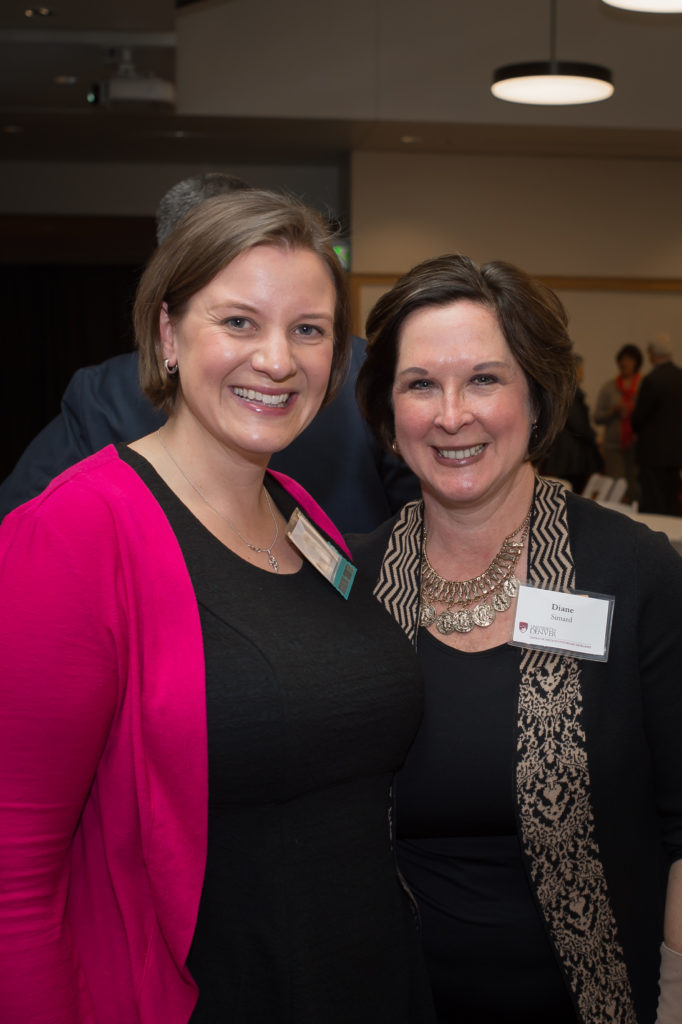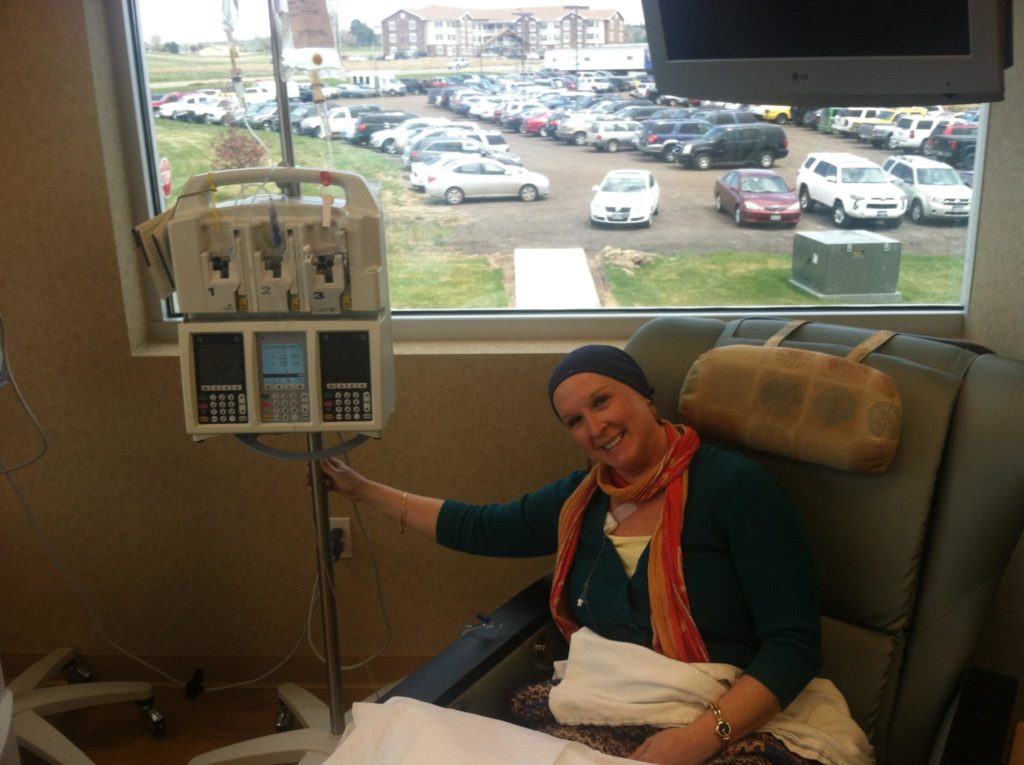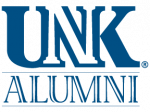Alumni Spotlight
Andrea La Rosa '15 shares why she chose UNK, the connections she made, and her love for teaching
I chose UNK because it felt like home. After starting my freshman year, I learned how much UNK could offer me. I made friends that became family in the classroom, in the halls, and in the programs I was active in. Never in a million years did I think that I would make so many connections that would last a lifetime! I had the chance to be an RA and that experience provided me so many wonder memories: road trips to conference, inside jokes, and bonding moments. While I don’t currently live in Nebraska, I still have weekly calls with my family, friends, and former dorm residents.
I’m a middle school math teacher and the COVID-19 pandemic has definitely changed teaching a great deal compared to what my students and I are used to. However, it’s still so rewarding working with kids to show them the endless possibilities of the world. In middle school, they are starting to think about what they want to pursue as a career, and I love helping and guiding them on this journey. I get the chance to encourage them to join clubs and try something new, show them careers they didn’t know existed, and connect them with friends who work in the career they want to learn more about. Helping them see that they control their destiny truly shows me that I have a greater purpose than just teaching them math.
This is the type of learning experience I had at UNK and I want to give it back to my students. I am so blessed to have the life I do, and it’s in large part due to the experience I had at UNK.
Andrea is 7th grade ESL math teacher at Sterling Middle School in Sterling, Virginia. Alumni are making an impact in their communities every single day. Please share those stories with us at [email protected].
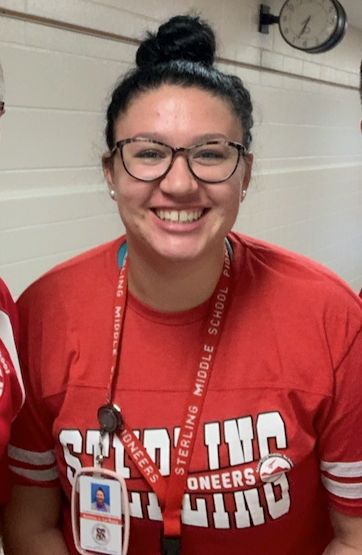
SHARING HER GIFTS (From Spring 2018 UNK Today.)
Alumna Diane (Moravec) Simard ’88 goes from small-town girl to big city business as she takes on the psychological impact of cancer patients
When talking to alumna Diane (Moravec) Simard ’88, what might stand out is her executive board experience, her volunteerism, her extensive awards collection or the fact that she has fought stage III breast cancer. However, what really attracts your attention is her heart for helping others and passion for causes.
“My mission is to bring more attention to the long-term psychological impact of traumatic illnesses like cancer,” said Simard. “I realize my calling is now to bring more attention to this, and more advocacy. Someday we need to change the health care system.”
Simard is just the person to do it. This Cotesfield, Nebraska, native has done it all. From her humble beginnings at Elba High School to turning her journals written while battling breast cancer into a memoir, Simard meets life head-on with the stamina that it takes to overcome cancer and the motivation to improve lives after her experience.
Dr. Nicole Taylor from Iowa, who specializes in working with survivors of traumatic illnesses, introduced Diane (Moravec) Simard ’88 to the specialty field of health psychology.
Dr. Nicole Taylor from Iowa, who specializes in working with survivors of traumatic illnesses, introduced Diane (Moravec) Simard ’88 to the specialty field of health psychology.
Simard, who was named one of the inaugural national top-100 businesswomen to watch by Bizwomen.com, is a small-town girl who wanted to get to the big city.
“I got my journalism degree. After five years of having a great time in college, I realized I didn’t want to be a newspaper reporter,” said Simard. She thought those were the jobs that she was supposed to be going after.
“I decided to take my basic writing skills and apply that in a different way, so I went to work writing proposals for a student loan collection agency in Dallas, Texas,” Simard said.
Simard did that for five years before moving to Denver where she and her then-husband had an information technology services company. When Simard entered the picture, the company was teetering on the edge of bankruptcy. With her savvy business skills and communication knowledge, she helped bring the company back from the brink.
“I learned a lot about business through developing that company and realized I had a real passion for growing them,” said Simard. “We (Diane and her husband) went our separate ways. We had different expectations and had an extremely successful exit from the sale of our company. So, I decided that I just wanted to pay it forward and help other entrepreneurs launch their creative business ideas.”
Eventually, Simard invested in about a dozen start-up companies. Today, three are doing well; the rest have all failed within the last 10 years.
“That’s pretty typical of being an angel investor. Only one in 10 new companies actually survive and go somewhere, so I’m an average statistic. The ones that have failed have almost brought me down and, in all honesty, may be why I was cursed with breast cancer. There are some continuing studies that show, particularly with breast cancer, those who were exposed to prolonged periods of stress can and may contribute to inflammation in your body.”
Ten years later, one of the companies Simard invested in and now serves as senior vice president of is still going strong. Bye Aerospace is headquartered at Centennial Airport south of Denver.
“We are developing an electric two-seated airplane. The general aviation and aerospace industries people are so very passionate. It is a great space to be in because pilots are typically highly educated, sophisticated and mature,” Simard says. “They are passionate about saving this industry.
“There’s been a lot of bad publicity about business jets. What we are faced with in the world is moving people from point A to point B efficiently while cutting down on carbon and noise emissions. We have a solution. Thanks to Tesla and what the electric car industry is doing, the battery energy densities are improving so much that it makes sense to develop an airplane that can get not just in the air but in the air for a meaningful amount of time.”
Bye Aerospace is developing a two-seat, electric airplane called the Sun Flyer 2. The airplane, when certified, will be the world’s first FAA-certified electric airplane that can sustain flight up to three and a half hours. Simard’s company aims to target the flight-pilot training market because of the commercial airline pilot shortage.
“It’s a real crisis. To become an airline transport pilot, you have to have 1,500 flight hours at operating costs of up to $100 per hour,” said Simard. “So, the pilot will accrue as much debt as an attorney or a medical doctor to obtain an entry-level pilot position at a regional airline for $35,000 per year. The military, including the Air Force, is much smaller than it was decades ago and are not producing as many pilots or have as many military pilots going to the airlines.
“I see that as an opportunity. That’s why I invested in this company 10 years ago,” explained Simard. “Finally, everything is coming together. It is an exciting time as we continue to raise capital to certify and start producing our plane.”
Simard, who endured cancer treatment, wondered, “We have marriage and counseling psychologists. We have sports psychologists. Why don’t we have cancer psychologists?”
Simard, who endured cancer treatment, wondered, “We have marriage and counseling psychologists. We have sports psychologists. Why don’t we have cancer psychologists?”
While Simard’s business history is impressive, she will tell you one of the most pivotal moments in her life that changed the trajectory of her career was the day she received the phone call that she had stage III breast cancer.
When she was 49, she had her annual mammogram. She got called back in for a diagnostic mammogram and ultrasound because they saw something suspicious. At this point, Simard was confident that she did not have cancer since statistically it wasn’t in her family history and shouldn’t happen.
It was during the ultrasound that the technician let it slip that she saw something that didn’t look good.
A week later, Simard had a biopsy that came back positive.
“Initially, I had two breast tumors and a lymph node in my left armpit impacted,” explained Simard. “That leads to another litany of tests so they can decide if the cancer has spread beyond your lymph nodes to the rest of your body.”
It took three weeks to find out that it had not spread throughout her body. The process was challenging and confusing for Simard. She questioned, “Do I tell people? Do I not tell people?”
“I did a lot of emotional purging and forgiving, and I realized a lot about myself at that time,” said Simard.
Because breast cancer metastasizes to either the lungs or the brain, the oncologist wanted Simard to have a brain MRI. It was another five days after the PET scan for Simard to hear that cancer had not spread further.
“During those five days, I relived my life, thought about all of the sins I had committed, and started a 24-hour vigil with God,” Simard said. “I was playing phone tag with the surgeon who, due to privacy laws, couldn’t leave the results on the phone.”
It was good news. The cancer had not metastasized.
“That was one of the most liberating moments in my life. Although I knew I would probably have to have chemotherapy, I now knew it was more than likely going to be treatable,” explained Simard. “Statistically, I likely would survive. I was so grateful, and at that moment, my attitude started to change. I now needed to gear up for chemo treatment.”
Simard had 16 chemo infusions. “They gave me four Adriamycin and Cytoxan cocktails which are the brutal, brutal part of chemotherapy and makes your hair fall out,” Simard said.
Simard’s protocol treatment lasted for 10 months.
“Near the end of chemo, I started to cycle through depression. I had to have a Taxol drug infusion each week. You have your infusion, and you’re feeling pretty good, but Taxol doesn’t hit you until two days later, and then you just crash,” Simard said. “The weight that I lost during chemo comes back quickly, like a pound a week. It was horrible. You’re feeling like a marshmallow and then neuropathy sets in. At least for me, I felt like a diabetic with stinging and poking. Each time, I just hated knowing that I was going to feel lousy. I went through those five months of chemo wondering if I was ever going to feel good again.”
Being a type-A person, Simard needed some answers. She asked her oncologist to recommend a counselor or psychologist who had experience in working through depression after cancer. The oncologist couldn’t think of anyone to recommend.
“We have marriage and counseling psychologists. We have sports psychologists. Why don’t we have cancer psychologists?” Simard wondered. “Kearney State College taught me very well how to ask questions, and I went ‘Geraldo Rivera’ on her. I kept asking questions.”
Even though Simard’s oncologist was helping patient survivors struggling with the realities of what they had been through and facing concerns of the cancer returning, she explained that when it comes to philanthropy or funding dollars for cancer, the money goes to researching cures only.
“I get that, but what about the fact that some of these treatments are becoming more effective and, in many instances, we are living longer, what kind of quality of life is that?” Simard asked.
Simard did some research and networking which led her to the University of Denver graduate school of professional psychology. She was looking for clinical psychologists as opposed to research psychologists. She found a promising field called “health psychology,” and continued to do her homework.
“I was introduced to Dr. Nicole Taylor from Iowa. She had specialized in working with survivors of traumatic illnesses, primarily cancer,” said Simard. “Dr. Taylor specialized her post-doctoral training in health psychology because she had recognized the prevalence of cancer and the need for treatment of survivors.”
Together, the women found that no other university was teaching psychologists how to counsel patients with cancer. Simard, with her business wisdom, knew that they had to establish a case for the need of psychological, “human-centered” treatment for cancer patients and health care.
Simard’s five months of chemo was followed by two lumpectomy surgeries and 33 bouts of radiation to radiate the tumors. She finished her final radiation treatment on Dec. 21, 2015.
In coordination with the University of Denver graduate school of professional psychology and Dr. Taylor, Simard launched The Center for Oncological Psychology Excellence. The first group of COPE students graduated in August 2016. Forty-one students have had all or some of the 12 credit-hour courses for licensed psychologists.
Someday, Simard would like to see COPE branch out and possibly even bring it to UNK.
In April, Simard spent two days at UNK telling her story and talking with the administration about potential opportunities for developing something similar to COPE in Nebraska.
“We have to continue to generate research data to work with UNMC with psychology. The funding is not the biggest challenge. UNK is in an excellent collaborative time to partner with UNMC on this. What better opportunity than to bring the research to UNK?”
“When Diane visited campus and told her story, it was apparent that UNK is positioned to make a difference in this area,” said Lucas Dart, vice president of alumni relations and development at the NU Foundation. “It’s inspiring to hear what’s possible, and it’s particularly special that Diane’s brought the idea to her alma mater.”
“We need people to work with those of us who need this help, and we need the data to get the help we need,” said Simard. “Universities are great resources for research. I’m just trying to create more awareness of the psychological impact. On how traumatic it is to go through this disease – cancer – and how the trauma stays with you.
“You’re never done. Your body has permanently changed. In all honesty, once treatment ends most assume you should be just grateful to be alive,” Simard said. “Cancer itself didn’t change me, but the process of treating cancer did. I emerged a much more grateful, humble, passionate, confident person.” [-The End-]
